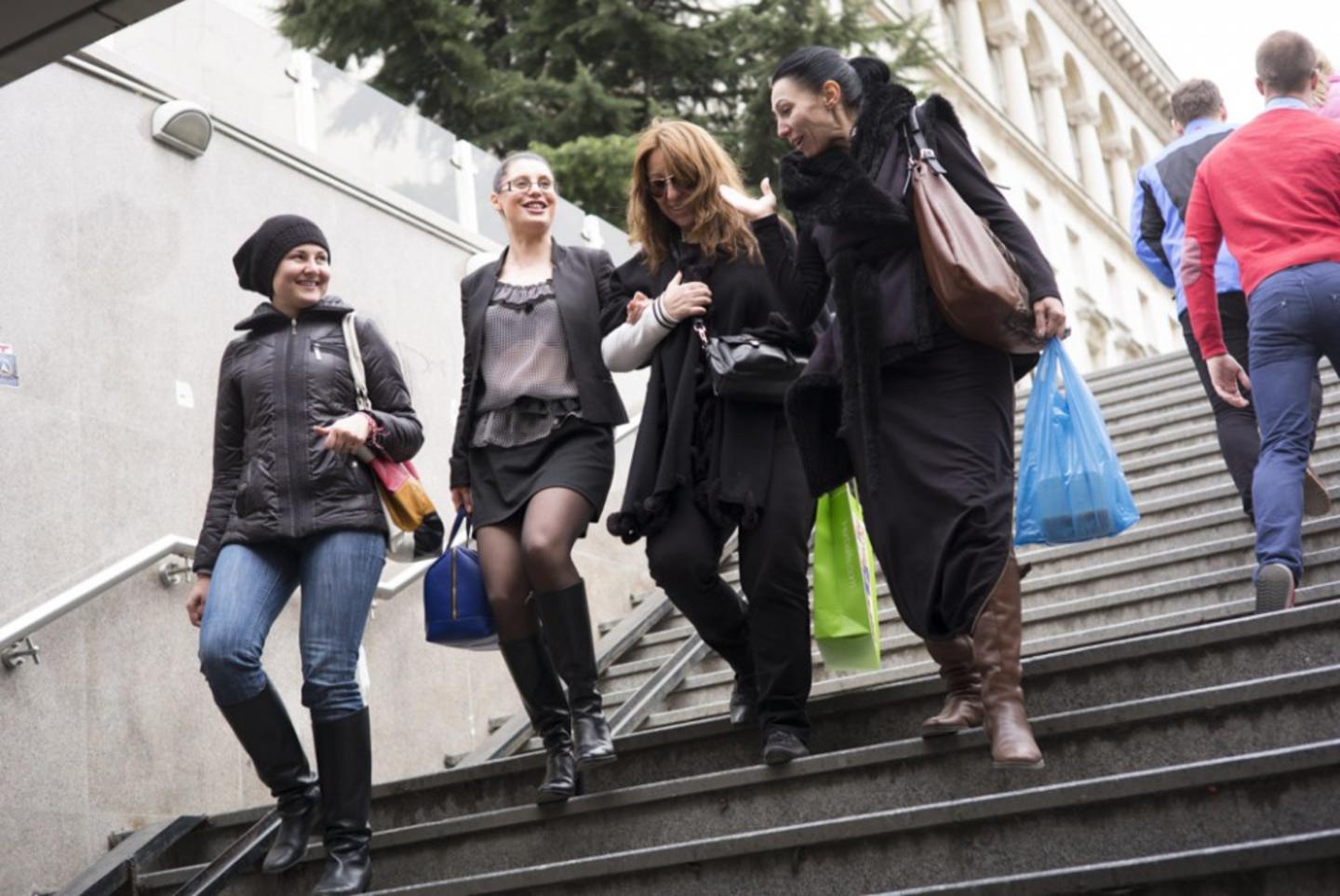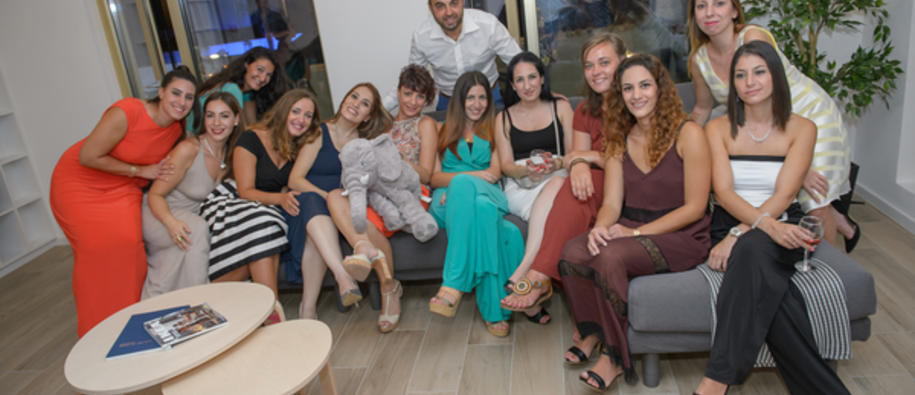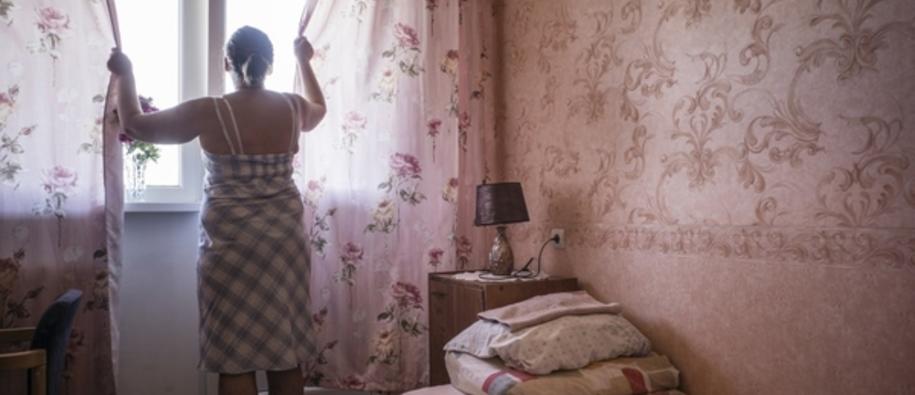While the past decades have seen progress towards equality between men and women, there is a lot more to be done and a long way to go. Across Europe, women remain underrepresented in decision-making positions in both politics and business, and gender inequalities continue to persist in the labour market in the level of pay, in the amount of unpaid work and with regards to economic independence in general.[1] The extensive and pervasive threat to our societies that is gender-based violence is only one manifestation of the causes and consequences of this inequality.
Norway, Liechtenstein and Iceland provide more than €50 million to programmes promoting gender equality and fighting domestic and gender-based violence in 11 beneficiary countries across Europe. The support echoes the importance of gender equality as a key factor for securing growth and sustainable development. Now, towards the end of the 2009-2014 period, we see that they are really making a difference.
Women as agents of change
Through the programmes on gender equality, the donor countries fund a range of activities and initiatives spanning from research and developing national strategies and practices aiming to strengthen women’s participation in decision-making to supporting organisations working to promote female entrepreneurship or combat gender stereotypes in education.
To date, a total of 79 organisations working for equal rights between men and women have received direct support from the programmes, resulting in enhanced organisational capacity for those involved as well as the sector as a whole. From the activities and partnerships that these organisations have fostered, it is clear that the support allows them not only to more actively and effectively participate in society, but also to contribute to the empowerment of those around them.
Several of these organisations work with women directly. Across Europe, Roma women face multiple and systemic discrimination that hinder their full participation in society. Through the Norway Grants supported project ‘Jileha’, women are made the active agents of change in Roma communities. The project has enabled 90 Roma women to initiating positive changes in their lives and actively engage with their communities through local Roma women’s group.
The groups are actively involved in the local communities, and have helped the women integrating into society. As part of the project, the promoter – the Roma women’s organisation Manushe - was able to expand its capacity and knowledge to help establish local Roma women’s groups in nine Czech cities. An additional three cities have expressed an interest in working with the organisation to strengthen Roma women’s position in their communities. The project has had significant impact, resulting in the establishment of a network of Roma women’s group working together to empower Roma women and help them integrate better into society.
Partnering up!
The six programmes in the area of gender equality have generated a high number of partnerships between entities in the beneficiary and donor countries. In Portugal, 10 of the 12 projects within the programme on gender equality have a partner from Norway.
In the ‘Gender and Mobility’ project, the Portuguese Center for Geographical Studies – IGOT University of Lisbon, have worked together with Noroff University College in Norway to increase knowledge about gender differences and how men and women spend their time. By focusing the research on the work-life balance between women and men, the aim was to emphasise the need to raise the female employment rate – in accordance with one of the objectives outlined in the Europe 2020 Strategy.[2]
There was a lack of updated statistics and studies on gender differences in Portugal, and the project therefore worked to deliver numbers supporting the statement that women’s participation in the labour market is limited due to the disproportionality between men and women when it comes to time spent on work and family. Presented in an animated video, the research resulted in some interesting highlights:
- Women spent an average of 3 hours every week on family care activities, while men spent 1 hour and 40 minutes.
- Men with children spent 6 hours and 55 minutes per week on social activities, while women with children spent 6 hours and ten minutes per week.
Fostering cooperation and sharing knowledge
The donors also supports projects and activities that foster cooperation and the sharing of knowledge and practice between different types of organisations. The Grants support the launching and the strengthening of cooperation processes between gender organisations with research and educational institutions, companies, social partners, local governments, state administration, political parties. To date, the number of such new partnerships is 314.
The project ‘Memorandum 2013+, We Take Women on Board’, which is carried out by the organisation Business for Society in the Czech Republic, is one of these projects. Memorandum + has promoted flexible time arrangements in the 60 largest companies in the Czech Republic. The organisation’s approach is systemic in order to be more effective and sustainable. They created a special website www.diverzita.cz (diversity) that includes experience, tools, studies, examples of good practice with aim to exchange experience between companies.
Fighting violence against women
Through the Norway Grants, Norway fund programmes that work to improve victim support services and increase knowledge and raise awareness of gender-based violence as a major obstacle to gender equality. So far, more than 12 000 victims of violence have received support.
In September 2016, Cyprus opened its first ever specialised support centre for victims of domestic violence with the support of Norway Grants. The SPAVO House offers 24 hours support on-site, and can accommodate 21 people in seven rooms. The support has enabled the SPAVO House to more than double its capacity to accommodate victims of violence and their children. A total of 224 staff, volunteers and professionals, have been trained to offer support services to the victims. SPAVO House is one of 130 women’s shelters and crisis centres that have received support from Norway. The total number of professionals trained to combat domestic and gender-based violence under the Norway Grants has reached 6869.
A coordinated policy
The support from Norway aims to support a comprehensive and coordinated approach to tackling both the causes and consequences of gender-based violence. In Slovakia, common standards for service provision and training for professionals in the field have been a missing agenda.
Through the project ‘Coordinating Methodical Centre for the Prevention and Elimination of Violence against Women and Domestic Violence’, Slovakia is leading the way towards change. By setting up the Coordinating Methodical Centre as a the main co-coordinating body for Slovakia’s to fight domestic and gender-based violence, following the requirements listed in the Istanbul Convention. The project has been a success, allowing Slovakia to provide a comprehensive and coordinated policy in their efforts to combat gender-based violence, and will be presented during the 61st session of the Commission on the Status of Women on 13 March 2017.
Pilot Project – Transferring Norwegian Best Practice to Estonia
One project in Estonia illustrates how the sharing best practices in bilateral partnerships results in structural and sustainable change. The project - ‘Creating and Enhancing a Multisectoral Network to Help the Victims of Sexual Violence’ - has seen the Estonian Sexual Health Association and their Norwegian partner, the Oslo Municipality Health Agency, pilot the ‘sexual assault unit’ model used in Norway in two hospitals and two health clinics across Estonia. The model includes a centralised and coordinated support to victims of sexual assault, which for the first time allows for them to receive medical, psychological and legal assistance all in one place.
Once piloted, the model has been made available in four additional hospitals across the country and is now streamlined in the Estonian system. Recognising its success, the Estonian government ensured funding for its continued operation in the years to come.
Training for 60 key specialists was organised in cooperation with Norwegian colleagues. Their ability to work in sexual violence prevention network has risen and they are now prepared to work together against sexual violence.
“This would not have happened without the close cooperation between Norway and Estonia.” Rainer Rohtla, Coordinator for the ‘Domestic and Gender-Based Violence’ programme in Estonia.
Would you like to read more stories about the work done to promote gender equality? We have other stories waiting!
[1] European Commission: Strategic Engagement for Gender Equality 2016-2019: http://ec.europa.eu/justice/gender-equality/document/files/strategic_engagement_en.pdf
[2] The Europe 2020 Strategy: https://ec.europa.eu/info/strategy/european-semester/framework/europe-2020-strategy_en


